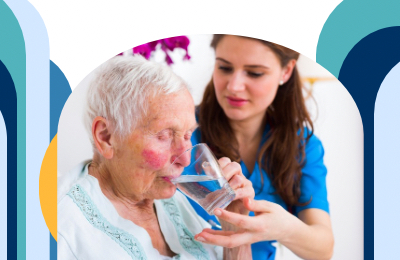Achieving HIQA Compliance: Supporting Individual Rights and Personal Plans
Recent HIQA inspection reports have consistently identified significant non-compliance in areas concerning residents’ rights and personal plans. Instances such as residents being put to bed early without choice and a lack of follow-up on issues raised in residents’ meetings underscore a failure to promote autonomy and dignity .
Solution: QQI Level 5 Empowering the Individual
This course provides practical, values-based training that directly addresses common HIQA non-compliances around personal plans, resident autonomy, and rights-based care. It equips staff with the tools and mindset needed to deliver genuinely person-centred support.
How Empowering the Individual Supports HIQA Compliance:
- Delivers person-centred planning skills – Staff learn to create individualised plans based on residents’ goals, choices, and evolving needs.
- Promotes rights, autonomy & legal compliance – Emphasises dignity, decision-making rights, and practical application of the Assisted Decision-Making (Capacity) Act.
- Builds an empowerment-focused care culture – Trains staff to move from control to support, using Social Role Valorisation and inclusive communication to uphold residents’ voices and preferences.
How Empowering the Individual Addresses HIQA Personal Plans Non-Compliance
- Teaches person-centred planning: Learners create plans that reflect each individual’s goals, choices, and support needs.
- Promotes residents’ rights: Emphasises autonomy, dignity, and the right to be involved in decisions—like daily routines and activities. Learners will know how to apply the principles of the Assisted Decision-Making (Capacity) Act, ensuring that every individual is supported to participate in decisions about their life
- Focuses on empowerment: Staff learn to shift from controlling to supporting, enabling residents to direct their own lives.
- Social Role Valorisation (SRV) is used to assign value to each person’s role and choices, encouraging inclusion in meaningful routines rather than institutional ones.
- Supports legal and ethical frameworks: Aligns with HIQA standards, UNCRPD, and the Assisted Decision-Making (Capacity) Act.
- Encourages respectful communication: Staff learn to support individuals in expressing preferences and advocating for themselves.
In short, this course empowers staff to deliver truly person-centred care by promoting dignity, autonomy, and legal compliance, while building a culture of support that respects residents’ voices, choices, and rights—ensuring both individual well-being and HIQA compliance.




















